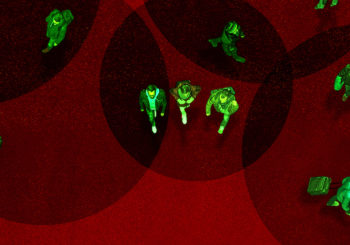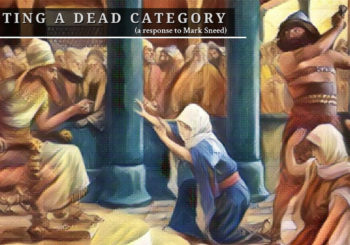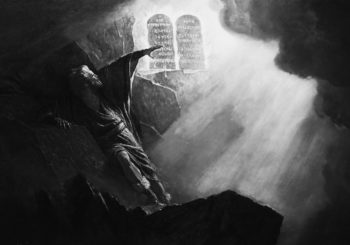The Philosophy of Hebrew Scripture
“The Hebrew Bible is the modern university’s blind side.”
How It Connects with Hebraic Thought

Yoram Hazony’s landmark book The Philosophy of Hebrew Scripture set off a wide-ranging discussion among philosophers and biblical and religious scholars about the philosophical nature of the biblical texts.1Two journal symposia were dedicated to responding to Yoram Hazony’s The Philosophy of Hebrew Scripture: Journal of Analytic Theology 2 (2014) and Perspectives on Political Science 45 (2016). Additionally, the book won an award in the category of theology/religion from the American Association of Publishers. The assumption that the Bible is a work of revelation alone has unhelpfully stifled the exploration of its philosophically robust content. As evidence, the study of philosophy in Hindu and Buddhist texts has exploded in the last two decades in the West. Yet, virtually no major works, outside of the odd monograph, tackle the biblical literature on its own philosophical terms. Hazony’s work was pivotal in starting the conversation from a Jewish perspective and correspondingly restricted to the Hebrew Bible.
Description
What if the Hebrew Bible wasn’t meant to be read as ‘revelation’? What if it’s not really about miracles or the afterlife – but about how to lead our lives in this world? The Philosophy of Hebrew Scripture proposes a new framework for reading the Bible. It shows how biblical authors used narrative and prophetic oratory to advance universal arguments about ethics, political philosophy and metaphysics. It offers bold new studies of biblical narratives and prophetic poetry, transforming forever our understanding of what the stories of Abel, Abraham, Jacob, Joseph, Moses and David and the speeches of Isaiah and Jeremiah, were meant to teach. The Philosophy of Hebrew Scripture assumes no belief in God or other religious commitment. It assumes no previous background in Bible. It is free of disciplinary jargon. Open the door to a book you never knew existed. You’ll never read the Bible the same way again.





